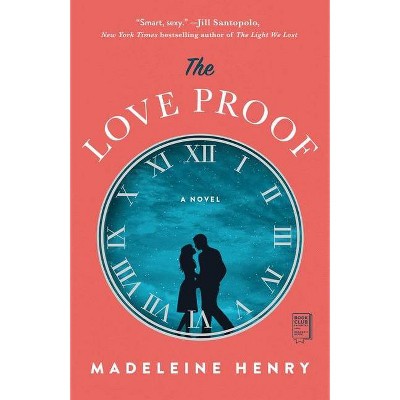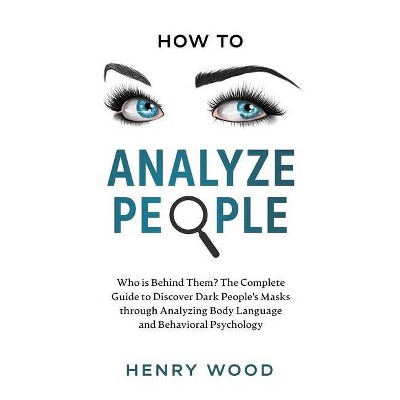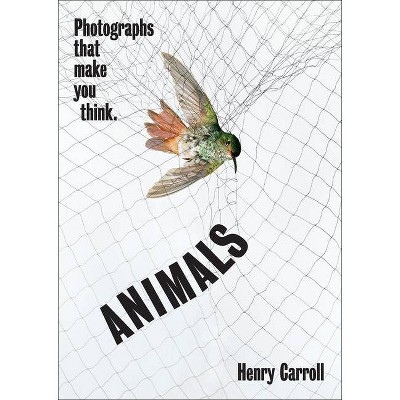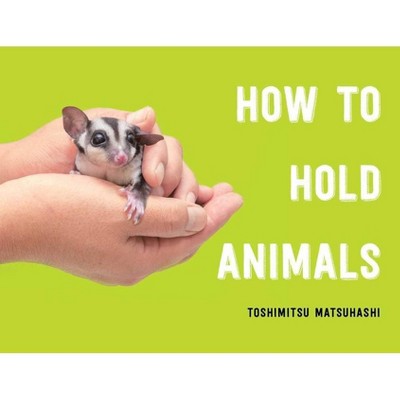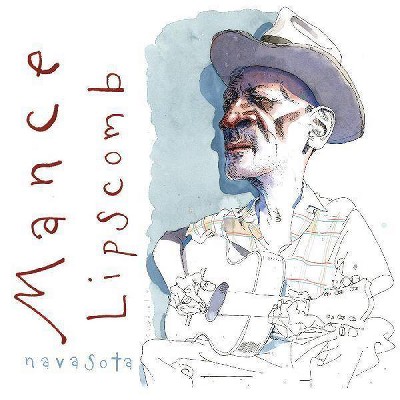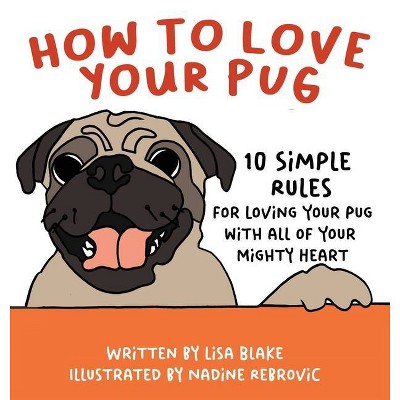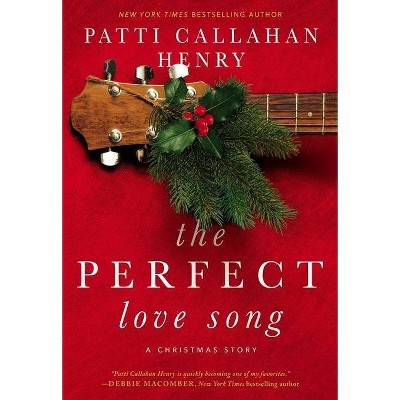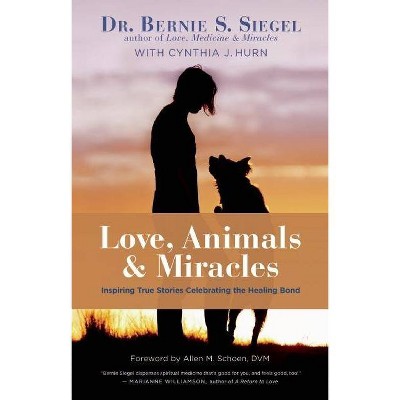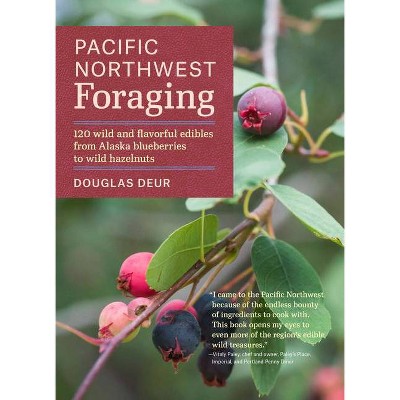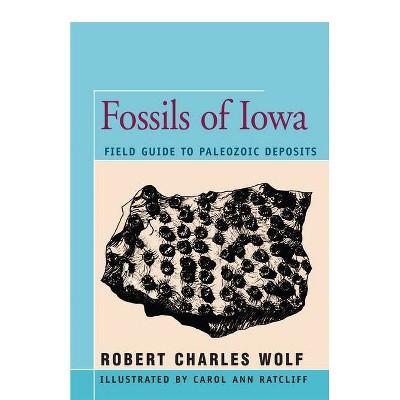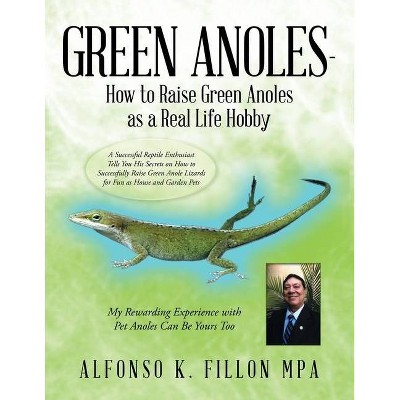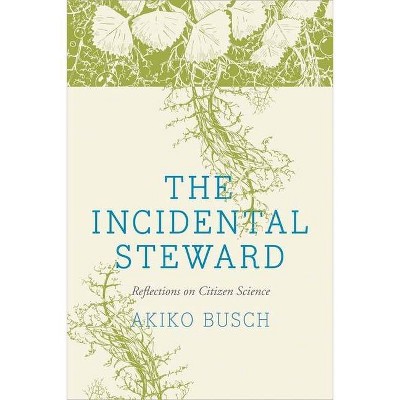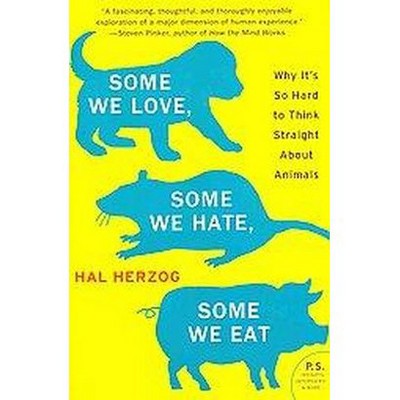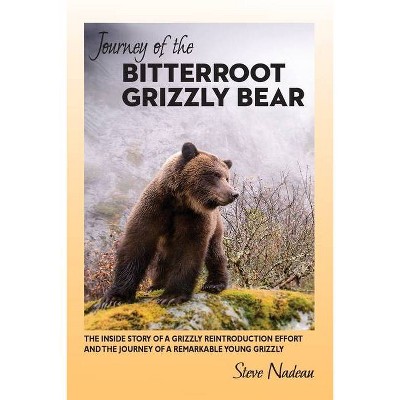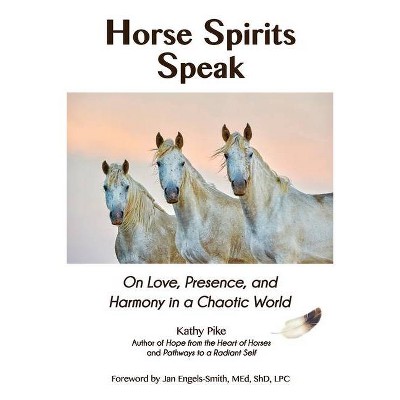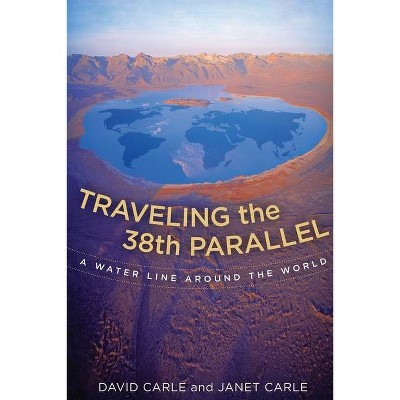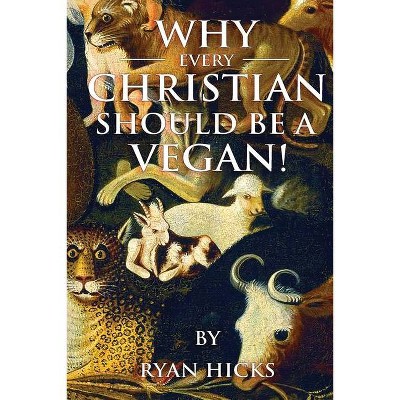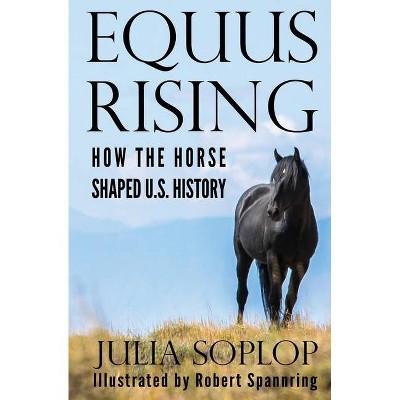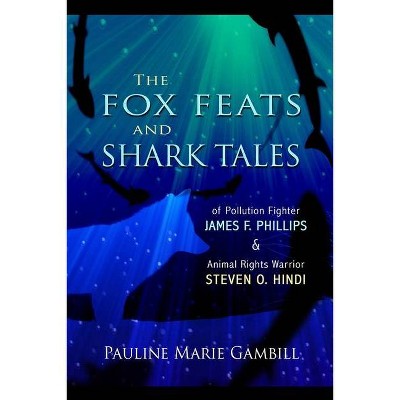How to Love Animals - by Henry Mance (Hardcover)
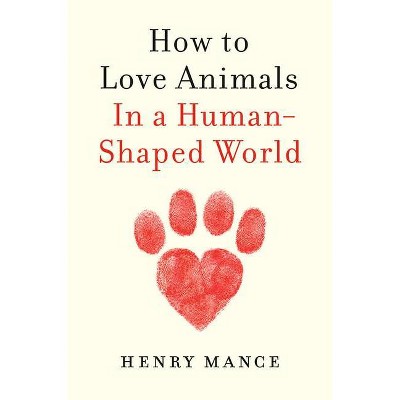
Similar Products
Products of same category from the store
AllProduct info
<p/><br></br><p><b> About the Book </b></p></br></br>"A personal journey into our evolving relationships with animals, and a thought-provoking look at how those bonds are being challenged and reformed across disciplines We love animals, but does that make the animals' lives any happier? With factory farms, climate change and deforestation, this might be the worst time in history to be an animal. If we took animals' experiences seriously, how could we eat, think and live differently? How to Love Animals is a lively and important portrait of our evolving relationship with animals, and how we can share our planet fairly. Mance works in an abattoir and on a pig farm to explore the reality of eating meat and dairy. He explores our dilemmas over hunting wild animals, over-fishing the seas, visiting zoos and saving wild spaces. What might happen if we extended the love we show to our pets to other sentient beings? In an age of extinction and pandemics, our relationship with animals has become unsustainable. Mance argues that there has never been a better time to become vegetarian or vegan, and that the conservation movement can flourish, if people in wealthy countries shrink our footprint. Mance seeks answers from chefs, farmers, activists, philosophers, politicians and tech visionaries who are redefining how we think about animals. Inspired by the author's young daughters, his book is a story of discovery and hope that outlines how we can find a balance with animals that fits with our basic love for them"--<p/><br></br><p><b> Book Synopsis </b></p></br></br><b><b>A personal journey into our evolving relationships with animals, and a thought-provoking look at how those bonds are being challenged and reformed across disciplines</b></b> <p/>We love animals, but does that make the animals' lives any happier? With factory farms, climate change and deforestation, this might be the worst time in history to be an animal. If we took animals' experiences seriously, how could we eat, think and live differently? <p/><i>How to Love Animals </i>is a lively and important portrait of our evolving relationship with animals, and how we can share our planet fairly. Mance works in an abattoir and on a pig farm to explore the reality of eating meat and dairy. He explores our dilemmas over hunting wild animals, over-fishing the seas, visiting zoos and saving wild spaces. What might happen if we extended the love we show to our pets to other sentient beings? In an age of extinction and pandemics, our relationship with animals has become unsustainable. Mance argues that there has never been a better time to become vegetarian or vegan, and that the conservation movement can flourish, if people in wealthy countries shrink our footprint. <p/>Mance seeks answers from chefs, farmers, activists, philosophers, politicians and tech visionaries who are redefining how we think about animals. Inspired by the author's young daughters, his book is a story of discovery and hope that outlines how we can find a balance with animals that fits with our basic love for them.<p/><br></br><p><b> Review Quotes </b></p></br></br><br><b>Advance praise for <i>How to Love Animals</i> <br></b><br> "[A] series of investigations, presented with humor and humility, into our contradictory relationships with pets, livestock and wildlife . . . Mance's argument is both convincing and urgent: we need to make dramatic changes to our lifestyle if we want to prevent ecological catastrophe." <b>--<i>The Guardian</i></b> <p/>"This fascinating book makes a persuasive, sanctimony-free case for treating animals more humanely . . . [Mance] does such a charming job of revealing the richness of animal inner lives."<b> --<i>The Times </i>(London)</b> <p/>"[Mance] is a skillful writer who never shies away from painful stories, and leavens even the grimmest episodes with humor. He also has a rare ability to couch strenuous ethical arguments in terms that are warmly familiar." <b>--<i>The Economist </i>(London)</b> <p/>"[Mance] is sensible and evenhanded, offering straightforward encouragement over contentious judgment . . . [his] plea for better treatment of animals will open eyes." <b>--<i>Publishers Weekly </i></b> <p/>"This unsentimental, hugely enjoyable book demands we suspend the cognitive dissonance that enables us all to ignore the feelings of animals while we exploit them for our own convenience. Stylishly written and deeply researched, Mance serves up the inconvenient truth that the meat on our plates was very recently a living sentient creature not unlike ourselves. He makes a powerful case in this important book, which calls for radical change to the way we eat, farm and manage wildlife in this human age." <b>--Gaia Vince, author of <i>Transcendence</i> and <i>Adventures in the Anthropocene</i></b> <p/> "Henry Mance believes that the bad things we do to animals are the result of our failure to think through the consequences of our actions. <i>How to Love Animals</i> will remedy that failure, in a highly readable, informative and entertaining manner." <b>--Peter Singer, author of <i>Animal Liberation</i> </b> <p/> "Henry Mance lifts the curtain on our dissonant relationship with other animals in a whip-smart, thought-provoking and thrilling investigation into one of the most essential moral issues of our time. Eye-opening as well as moving, challenging as well as frequently amusing, <i>How to Love Animals</i> surprised and fascinated me." <b>--Lucy Jones, author of <i>Losing Eden</i> </b><br><p/><br></br><p><b> About the Author </b></p></br></br>Henry Mance is currently the chief features writer for the <i>Financial Times</i>, focusing on long-form pieces. He was named interviewer of the year at the 2017 British Press Awards, and frequently appears on BBC radio and TV news programs. He has also appeared on CNN and PBS. He lives in London with his wife and two daughters. This is his first book.
Price History
Price Archive shows prices from various stores, lets you see history and find the cheapest. There is no actual sale on the website. For all support, inquiry and suggestion messagescommunication@pricearchive.us
